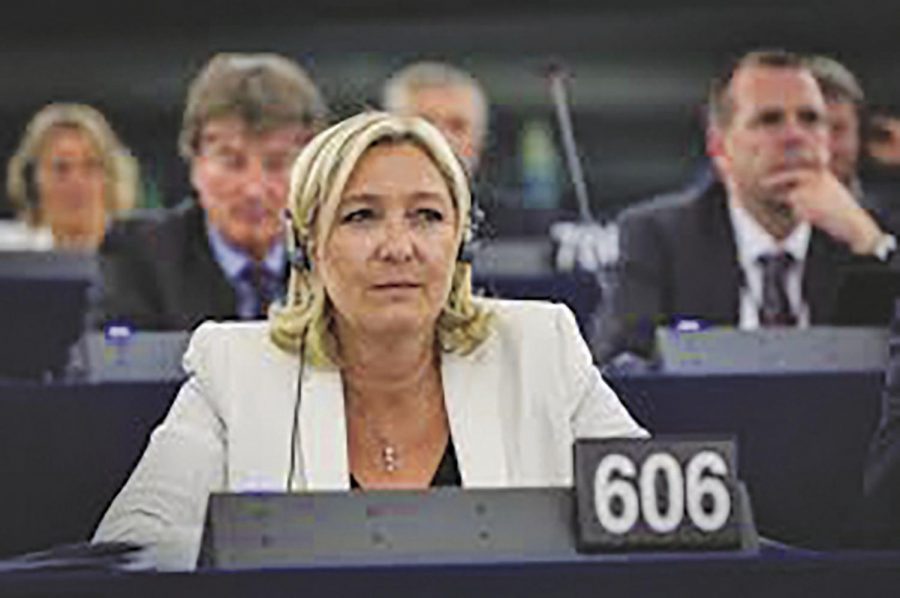Populism in French elections reflective of negative global trend
On April 23, France held its first round of presidential elections for this term, in which several candidates ranging from far-left socialism to far-right populism faced off in what was probably the most consequential electoral contest in recent European history. The far-right National Front candidate Marine Le Pen and former banker and political centrist Emmanuel Macron received the largest share of the vote and will, therefore, compete in a runoff election on May 7th.
Le Pen, an anti-establishment populist that campaigned on an anti-immigrant, anti-NATO platform and whose father has a long history of racist practices is not expected to win in the general election this Sunday. All of this, to an American observer, must sound incredibly familiar.
The surge of nationalism driven by global economic realignment and mass migration from the Middle East has not exclusively affected the United States. Far-right populism is on the rise around the world — it can be seen in Turkey with President Erdogan, recently in England with the vote for Brexit, and, of course, in America last November with the presidential election. Le Pen’s candidacy is simply a symptom of a much larger global phenomenon.
The dangers of populism are more insidious than many realize. Populism succeeds when demagogic public figures, such as Le Pen and Donald Trump, are able to exploit popular disgust with the inefficiency of the political system and the impotence of existing elected officials to exact immediate change. These concerns are valid and should be addressed; however, populism should not be the solution that we seek. Its effects are detrimental to democracy.
Populists like Le Pen campaign by railing against established institutions in the name of helping the people. Trump has been doing this since before he was even elected, attacking the courts, judges, and the media — all of which serve as crucial checks on his power. Le Pen has promised to establish laws that will make it illegal to wear religious garments in public, specifically, the hijab and yarmulke.
The dangerous poison of populism can be best examined, perhaps, in modern Venezuela. Hugo Chavez, former president of that country until his death in May 2013, railed against establishment politicians and integral democratic institutions and used the powers of his office to slowly consolidate authority. Years of this slow process resulted in an almost-autocracy in Venezuela along with something of a minor civil war. Of course, Venezuelan populism was of the left-wing variety. However, the problem here is not in the partisan alignment. It is much deeper than that.
If we as Americans, and French people as citizens of the Fifth Republic, wish to retain our long-established and celebrated democracies, we must resist the slow venom of populism. The security of the western world likely hangs in the balance.







